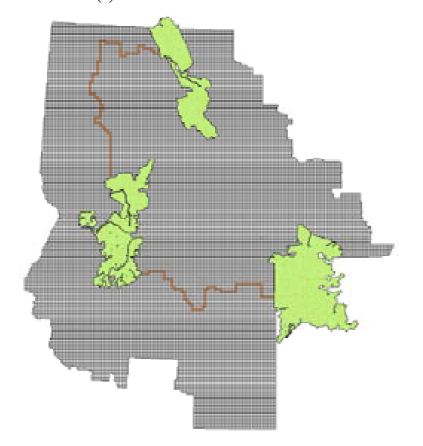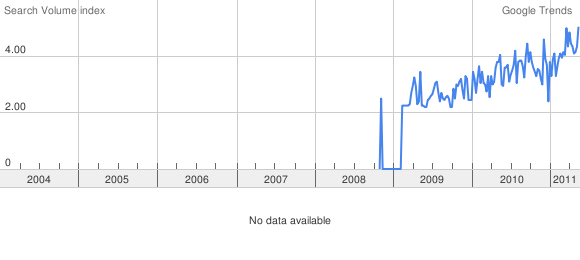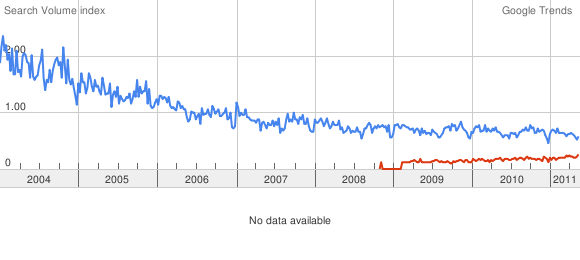In J.K. Rowling’s Harry Potter books, “Muggles” are people who have no magical ability, and, indeed, no knowledge of the magical world. The term “Muggle” is not exactly a compliment, and veers towards a pejorative. From the first book:
- Hagrid: “I’d like ter see a great Muggle like you stop him,”
- Harry: “A what?”
- Hagrid: “A Muggle. It’s what we call non-magic folk like them. An’ it’s your bad luck you grew up in a family o’ the biggest Muggles I ever laid eyes on.”
It is a little hard to see anything positive about Muggle in this exchange! Muggles are often willfully blind to the magic that goes on around them (though sometimes an Obliviator or two can help muggles forget something a little too spectacular), and are generally far less interesting than the magical folk.
But Ms Rowling is pretty even handed in its treatment of the magical world/non-magical world divide. Just like non-magical folk have no understanding of Quidditch, dementors, Patronus charms and the rest, the magical world is equally confused about the non-magical world:
Arthur Weasley: What exactly is a rubber duckie for?
The definition of a Muggle depends on where you stand!
Now what does this have to do with operations research (other than being the theme of this month’s INFORMS Blog Challenge, of which this article forms my entry)? A wonderful aspect of working in operations research, particularly on the practical side of the field, is that you both work with Muggles and get to be a Muggle.
Working with Muggles is pretty obvious. We in operations research have these magical powers to do incredible feats. Have a problem with millions of decisions to make? Easy! Well, easy as long as we can assume linear objective and constraints, and that the data is known and fixed, and …. (magic even in Harry Potter’s world has limitations). But for the Muggles to believe our results, we do have to spend time explaining what we do and the assumptions we work with. So we trot out some simple examples, like the traveling salesman problem (“Consider a traveling salesman who has to visit the cities on this napkin”: don’t laugh! That is the first real conversation I had with the woman who eventually decide to marry me!). And we explain why the problem is hard (“Consider how many tours there are”). And sometimes we convince the whole world of the difficulty so well that they don’t listen to the next part: “Despite the difficulty, we can really solve these models”. There are whole swathes of the world, including, it seems, much of computer science, that believes that 30 city traveling salesman instances are a true challenge, requiring an immediate application of approximation algorithms or heuristic methods. But then we solve interesting problems, and the Muggles begin to believe. And that is very satisfying.
But it gets even better when we in operations research get to be the Muggles. And this happens a lot on the practical side of operations research because we get to work with a lot of very smart and very interesting people outside of our field. A few years ago, I worked with the United States Postal Service to redesign its processing and distribution network. I know a lot about optimization and models and algorithms. About all I knew about postal delivery is that a very friendly guy comes by practically every day around 11, and he prefers if I park my car back about two feet so he can cut through the driveway easier. Turns out there is a heck of a lot more to the Postal Service than Postman Pete and his walk through our neighborhood. So I got to be the Muggle and to learn about the issues in getting mail from one side of the country to the other in a reasonably timely fashion. There is “First Class Mail” and “Third Class Mail”, but no “Second Class Mail”. Why? Well, that’s quite a story, let me tell you! And after a few months, I felt that I had passed my first class in the Magic of Mail, but was nowhere near losing my Muggle designation. But I knew enough to create a few models, and I could explain them to the Wizards of the Mail, and they could correct my Muggle understanding of mail processing (“No, no, no: a flat could never be handled in that way: that is only for Third Class, silly!”). And eventually we arrived at models that did a pretty good job of representing the mail system. I was a bit less of a Muggle about mail, and they were a bit less Mugggley about operations research.
Over the years, I have started as a Muggle about cell-phone production, sports scheduling, voting systems, and a number of other areas. And I got to read about these areas, and talk to smart people about issues, and, eventually, become, if not a Wizard, then at least a competent student of these areas.
Some fields are, by their nature, inward looking. The best operations research is not, and that is a true pleasure of the field.




